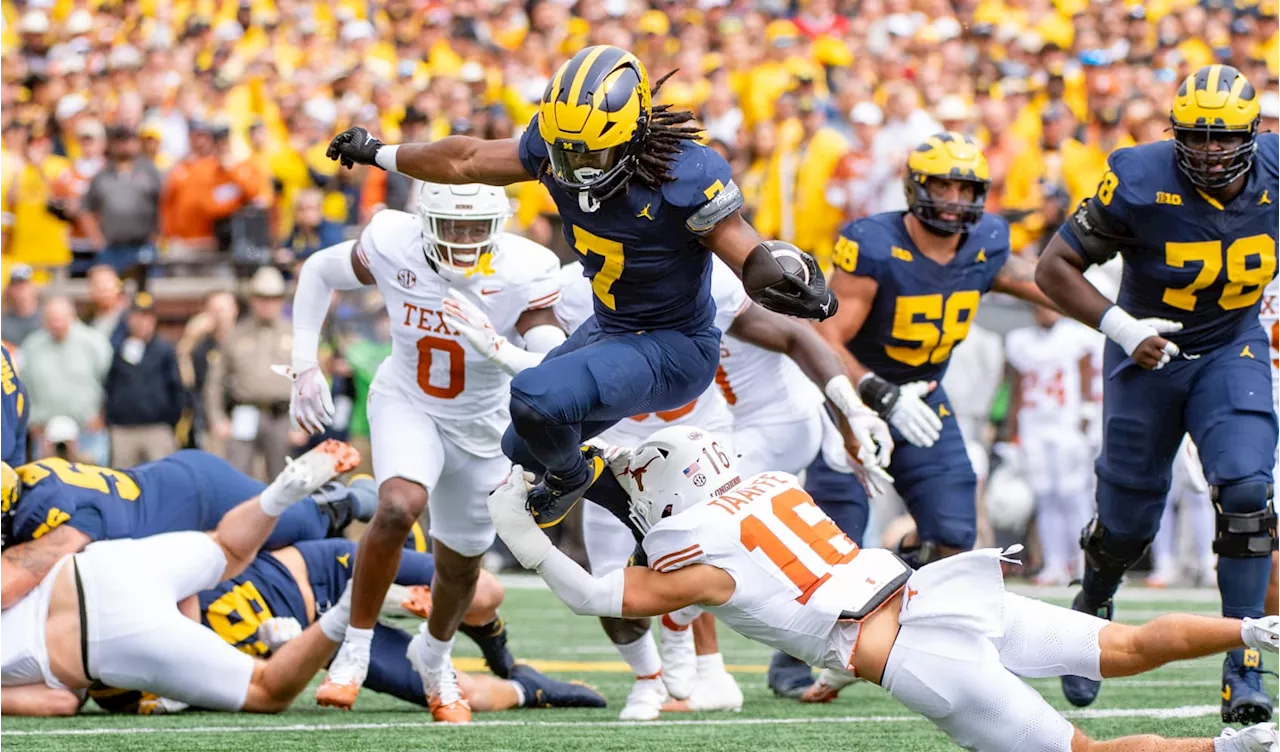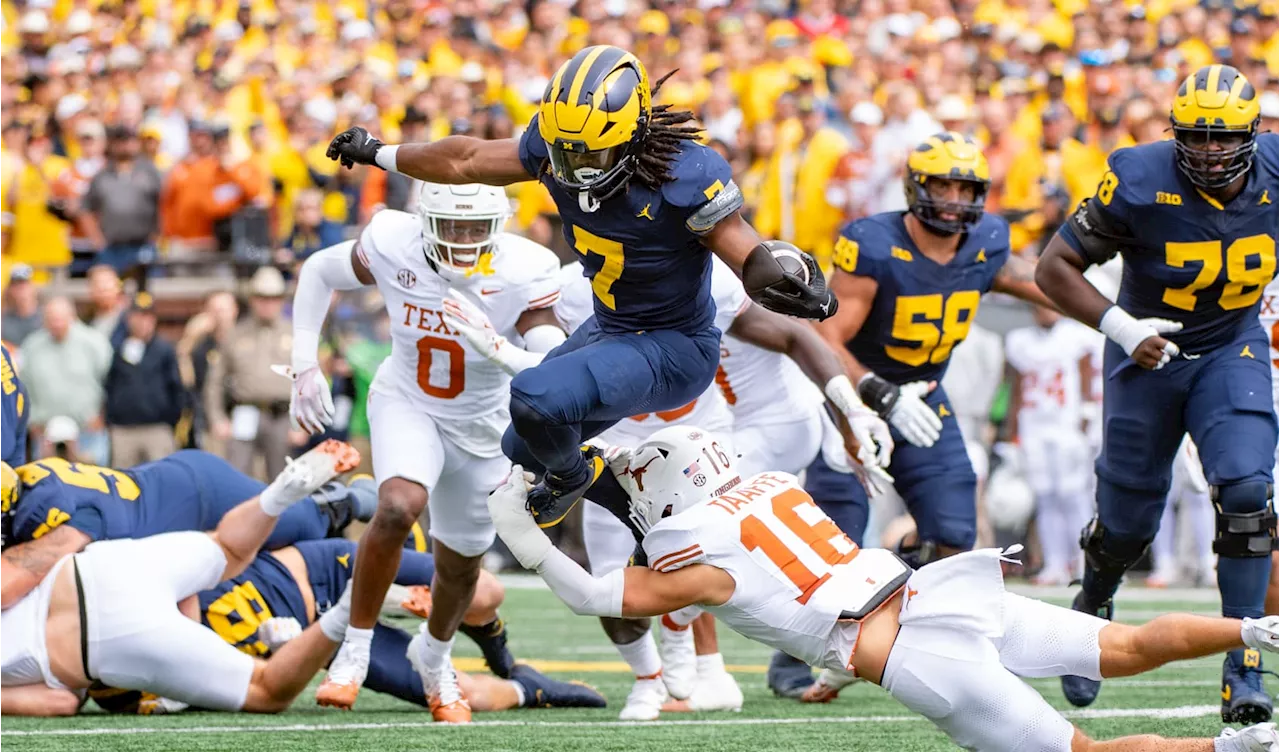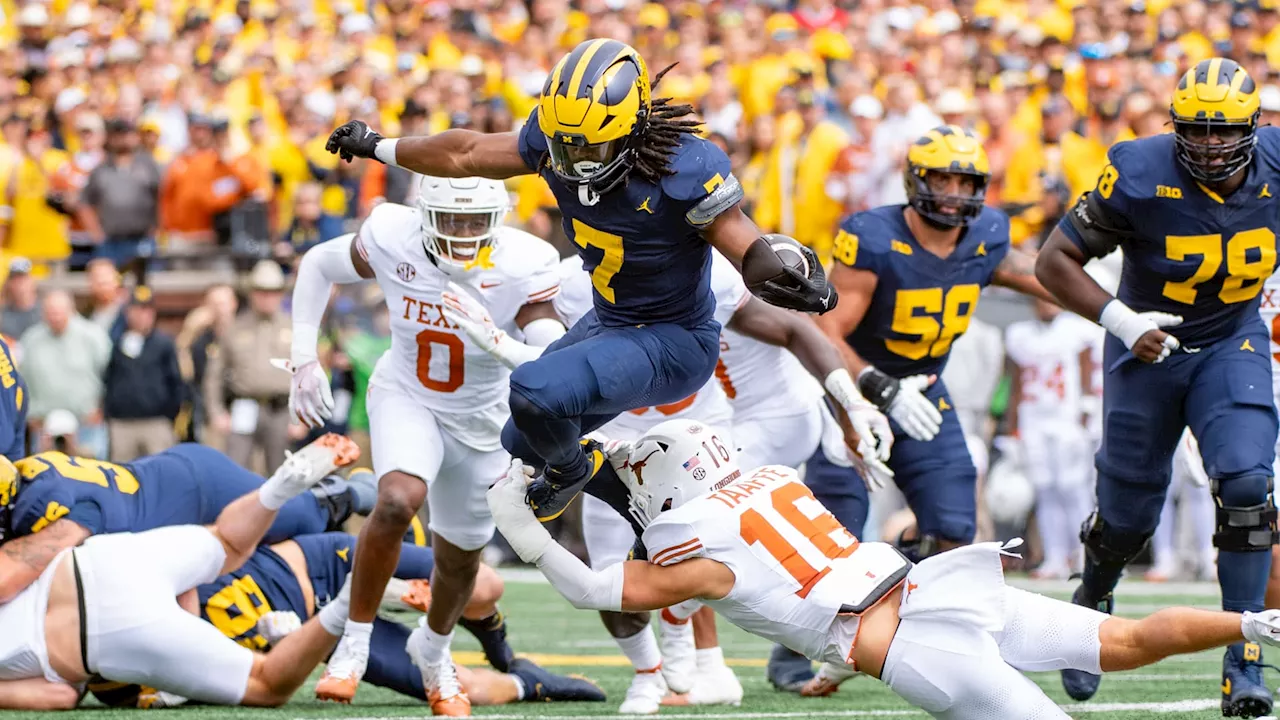A new study reveals that patients undergoing esophagectomy at private equity-acquired health centers face a higher risk of mortality, complications, and failure to rescue compared to those treated at non-acquired centers. This disparity highlights concerns about the potential impact of private equity investments on healthcare quality.
A recent retrospective cohort study has revealed a concerning trend in postoperative outcomes for patients undergoing esophagectomy at health centers acquired by private equity firms. The study, focused on Medicare beneficiaries aged 65-99 years who underwent esophagectomy between October 2023 and March 2024, compared outcomes between private equity -acquired and non-acquired health centers.
The analysis included 2878 patients, of whom 337 underwent resection at private equity-acquired health centers.Key findings demonstrated that patients treated at private equity-acquired health centers experienced higher odds of 30-day mortality, as well as increased rates of complications and failure to rescue compared to those treated at non-acquired centers. This disparity persisted even after controlling for factors such as hospital volume. Notably, private equity-acquired health centers performed significantly fewer esophagectomy procedures annually (median, 2 vs 7 per year) compared to their non-acquired counterparts. The authors posit that these poorer outcomes may be attributed to structural differences inherent in private equity-owned hospitals, emphasizing the need for continued scrutiny of esophagectomy outcomes across various hospital types.They call for increased investment in quality databases, expanded staffing, and enhanced staff education on perioperative care within private equity-acquired hospitals. Alternatively, they urge these hospitals to acknowledge the inequities they may be perpetuating for complex cases. The study acknowledges its limitations, including reliance on Medicare data, potential biases from using claims data, and the lack of comprehensive temporal and institutional data. Despite these limitations, the findings raise important ethical and clinical concerns regarding the impact of private equity acquisitions on healthcare quality, particularly for complex surgical procedures like esophagectomy.
Private Equity Healthcare Esophagectomy Mortality Surgical Complications Hospital Acquisitions
United States Latest News, United States Headlines
Similar News:You can also read news stories similar to this one that we have collected from other news sources.
 Vivid Seats May Be Acquired by Private Equity FirmsVivid Seats, an online ticket resale marketplace, is reportedly attracting acquisition offers from several equity firms seeking to take the company private. Company officials have engaged an advisory firm to explore potential sale options. Following news of a possible purchase, Vivid Seats' share price surged 20% and has remained elevated. Vivid Seats, based in Chicago and launched in 2001, has grown in popularity for its user-friendly platform and high traffic volume.
Vivid Seats May Be Acquired by Private Equity FirmsVivid Seats, an online ticket resale marketplace, is reportedly attracting acquisition offers from several equity firms seeking to take the company private. Company officials have engaged an advisory firm to explore potential sale options. Following news of a possible purchase, Vivid Seats' share price surged 20% and has remained elevated. Vivid Seats, based in Chicago and launched in 2001, has grown in popularity for its user-friendly platform and high traffic volume.
Read more »
 True Religion Acquired by Private Equity FirmsTrue Religion Brand Jeans has been acquired by private equity firms ACON Investments and SB360 Capital Partners, marking a new chapter for the once struggling denim brand.
True Religion Acquired by Private Equity FirmsTrue Religion Brand Jeans has been acquired by private equity firms ACON Investments and SB360 Capital Partners, marking a new chapter for the once struggling denim brand.
Read more »
 Private Equity Firms Eye College Sports InvestmentsPrivate equity and venture capital firms are increasingly interested in investing in NCAA sports programs, particularly those with strong football teams. The high revenue generated by college football, driven by lucrative television deals and passionate fan bases, is attracting these investors. Firms like College Sports Tomorrow, Smash Capital, and Collegiate Athletics Solutions are proposing partnerships that would provide capital to schools in exchange for a share of future athletic revenue.
Private Equity Firms Eye College Sports InvestmentsPrivate equity and venture capital firms are increasingly interested in investing in NCAA sports programs, particularly those with strong football teams. The high revenue generated by college football, driven by lucrative television deals and passionate fan bases, is attracting these investors. Firms like College Sports Tomorrow, Smash Capital, and Collegiate Athletics Solutions are proposing partnerships that would provide capital to schools in exchange for a share of future athletic revenue.
Read more »
 Private Equity Firms Set Sights on NCAA SportsPrivate equity and venture capital firms are increasingly interested in investing in NCAA sports programs, particularly those with strong football teams. The lucrative revenue generated by college football, driven by media deals and passionate fan bases, is attracting these investors who seek to capitalize on the growth of the sports industry.
Private Equity Firms Set Sights on NCAA SportsPrivate equity and venture capital firms are increasingly interested in investing in NCAA sports programs, particularly those with strong football teams. The lucrative revenue generated by college football, driven by media deals and passionate fan bases, is attracting these investors who seek to capitalize on the growth of the sports industry.
Read more »
 Private Equity Seeks to Invest in College FootballThe lucrative world of college football is attracting private equity investment, with firms proposing to provide capital to athletic programs in exchange for a share of the revenue.
Private Equity Seeks to Invest in College FootballThe lucrative world of college football is attracting private equity investment, with firms proposing to provide capital to athletic programs in exchange for a share of the revenue.
Read more »
 Private Equity Firms Eye NCAA Sports ProgramsPrivate equity and venture capital firms are increasingly interested in investing in NCAA sports programs, particularly those with strong football teams. The lucrative television deals surrounding college football, driven by the SEC's dominance, are attracting investors seeking to capitalize on the growing revenue stream.
Private Equity Firms Eye NCAA Sports ProgramsPrivate equity and venture capital firms are increasingly interested in investing in NCAA sports programs, particularly those with strong football teams. The lucrative television deals surrounding college football, driven by the SEC's dominance, are attracting investors seeking to capitalize on the growing revenue stream.
Read more »
